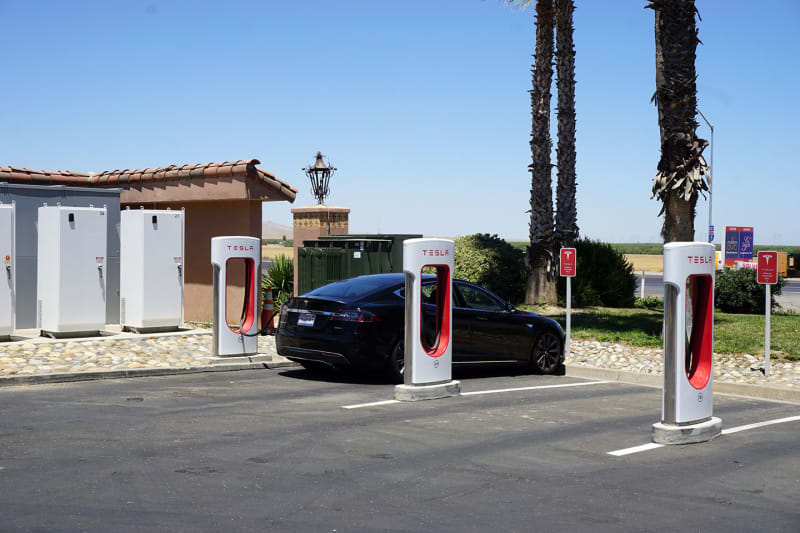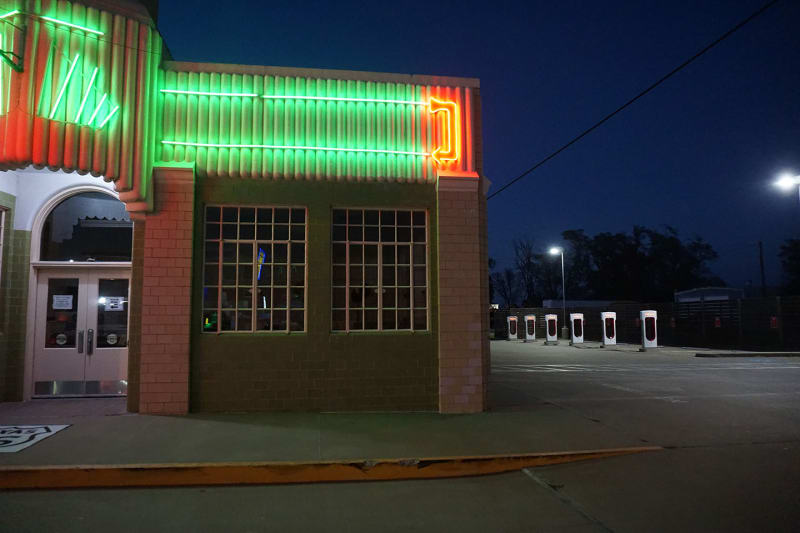The overall rate of EVs catching fire is lower than the rate of combustion-engine vehicles catching fire, and the difference is not small.
You will note that the general trend for total vehicle fires has been going down significantly. Fuel system integrity is much better now than it has been in decades past, and electrical systems are designed better.
But nevertheless ... 173,000 vehicle fires per year recently.
Here's how many registered vehicles:
So this is about 1 in 1500 registered vehicles has a fire reported per year.
Let us examine the much-maligned Chevrolet Bolt, the earlier years of which were subject to a massive recall because of a combination of manufacturing defects that were discovered in the battery cells upon investigation.
About 140,000 are on the road, and these have covered model years 2017 to 2022. Let's say that on average, these cars have been on the road for 3 years. So that's 420,000 vehicle-years.
There have been a grand total of 24 vehicle fires:
(you will note that their vehicle population number is different, it covers only 2017-2020 models. The faults responsible for the problem are believed to have been corrected when LG started manufacturing batteries in a different plant in 2019, but LG can't "prove" that the faults have been corrected, hence the recall being extended to the newer ones even though substantially all of the fires involved 2017-2019 models.)
That is one in 17,500 vehicle-years ... and the part of this that was GM's supplier's fault has been identified and corrected and is not present in the new ones.
There's a Chevrolet Bolt sitting my driveway ... a new one, that has been built with the corrected battery pack. I am not worried about it catching fire.



